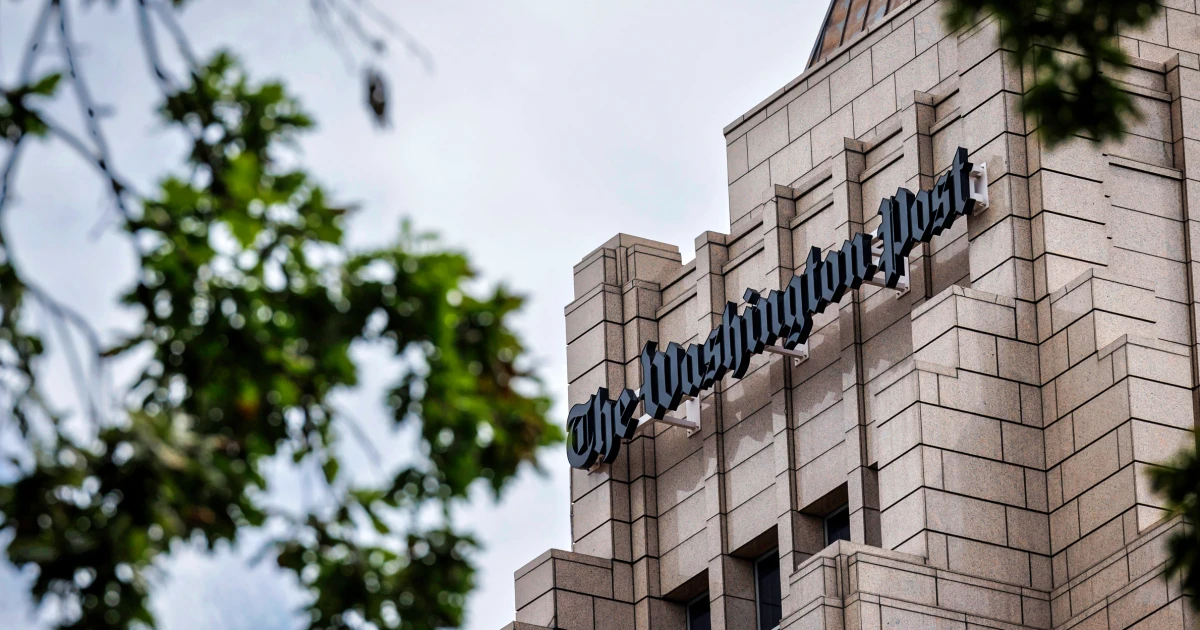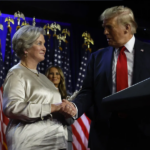In a significant shift, The Washington Post announced on Friday that it will not endorse a presidential candidate for the upcoming election and plans to avoid future endorsements — a decision that has stirred debate. Publisher Will Lewis defended the move, describing it as consistent with the values that define the Post, emphasizing a respect for readers’ independent decision-making.
Lewis explained that the decision aligns with the paper’s earlier tradition of non-endorsements, only broken in 1976 with an endorsement for Jimmy Carter. He maintained that this choice reflects faith in readers’ ability to assess candidates independently, despite criticisms that it could be interpreted as tacit support or opposition. “We don’t see it that way,” he wrote. “This decision is aligned with what we value: character, courage, and a commitment to democratic principles.”
The Post’s decision follows a similar move by The Los Angeles Times this week, triggering resignations among editorial board members who had planned to endorse Kamala Harris. Owner Patrick Soon-Shiong clarified his reluctance to endorse a candidate, stating that he did not want to exacerbate national divisions.
The trend reflects a broader shift in the U.S. media landscape. Historically, newspapers issued endorsements as a statement of public values and editorial opinion. However, as readership declines, many news outlets are backing away from candidate endorsements, fearing they may alienate subscribers. In August, the Minnesota Star Tribune announced it would stop endorsing candidates, joining a growing number of American papers.
Former Washington Post Executive Editor Martin Baron voiced strong opposition, condemning the decision as “cowardice” and suggesting that it could enable intimidation of media by political figures. Baron described the move as a failure of courage that jeopardizes democracy, echoing concerns that have surfaced as news organizations face mounting pressures in a turbulent political climate.
With Election Day approaching, some candidates have avoided traditional media interviews, favoring alternative platforms like podcasts. Meanwhile, news organizations are bracing for real-time misinformation challenges, all while confronting candidate rhetoric branding the media as “the enemy of the people,” as recently seen in former President Donald Trump’s comments.
The Post has previously endorsed Trump’s opponents in 2016 and 2020, which has made it a frequent target of his criticism. With the latest decision, the paper acknowledges it will likely spark continued debate, as demonstrated by over 7,000 reader comments, many critical, posted shortly after the announcement.





